Search
Remove Ads
Advertisement
Search Results
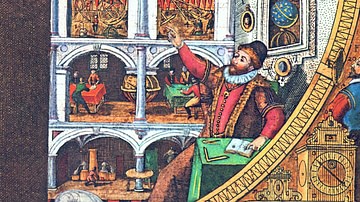
Definition
Tycho Brahe
Tycho Brahe (1546-1601) was a Danish nobleman who made the most significant contribution to our knowledge of astronomy before the telescope arrived. He discovered a supernova, observed the elliptical interplanetary orbit of a comet, updated...
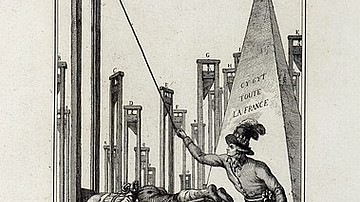
Article
Robespierre & the Death Penalty
"I come to ask, not the gods, but legislators…to erase from the code of the French the blood laws that command judicial murders" (Robespierre, 6). These impassioned words, spoken by Maximilien Robespierre before France's National Constituent...
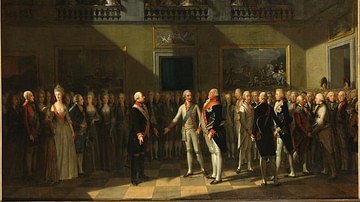
Definition
Declaration of Pillnitz
The Declaration of Pillnitz was a joint statement issued on 27 August 1791 by Leopold II, Holy Roman Emperor (r. 1790-1792) and King Frederick William II of Prussia (r. 1786-1797). The declaration appealed to all European powers to unite...

Video
Carl Sagan, The Ionians and the Birth of Science
Cosmos A Personal Voyage The Ionians and the Birth of Science
https://www.youtube.com/watch?v=VxeNgfo9ZDs
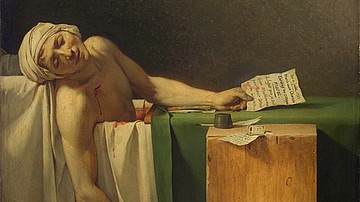
Article
Assassination of Marat
The assassination of revolutionary activist and Jacobin leader Jean-Paul Marat on 13 July 1793 was one of the most iconic moments of the French Revolution (1789-1799), immortalized in Jacques-Louis David's painting Death of Marat. Marat's...
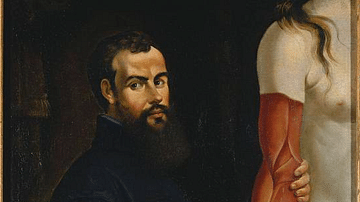
Definition
Andreas Vesalius
Andreas Vesalius (1514-1564) was the most celebrated anatomist in Europe during the 16th century and a key figure of the Scientific Revolution. Vesalius' great work was his On the Fabric of the Human Body, which contains over 250 remarkable...
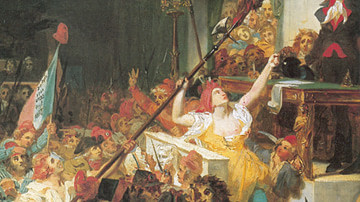
Definition
Thermidorian Reaction
The Thermidorian Reaction refers to the period of the French Revolution (1789-1799) between the fall of Maximilien Robespierre on 27-28 July 1794 and the establishment of the French Directory on 2 November 1795. The Thermidorians abandoned...
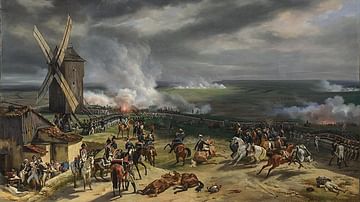
Definition
Battle of Valmy
The Battle of Valmy was a stunning French victory over a Prussian-led coalition army on 20 September 1792, during the French Revolutionary Wars (1792-1802). Although the battle was little more than a skirmish, it halted the coalition's invasion...

Video
Scythians: Scientific Analysis of the Oxus Treasure
British Museum Scientist Aude Mongiatti shares some of her research on the Oxus treasure, a selection of beautiful gold and silver objects from the 5th and 4th centuries BC. Some of the objects from the Oxus treasure are on display in...
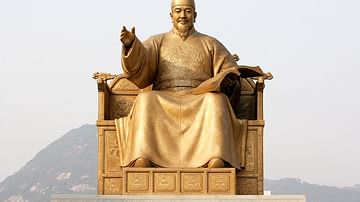
Definition
Sejong the Great
King Sejong the Great (15 May 1397 to 8 April 1450 CE) ruled Korea from 1418 to 1450 CE as the fourth king of the Joseon Dynasty (also spelled Choson). One of only two Korean kings called 'the Great' today, Sejong had a major impact on Korea...